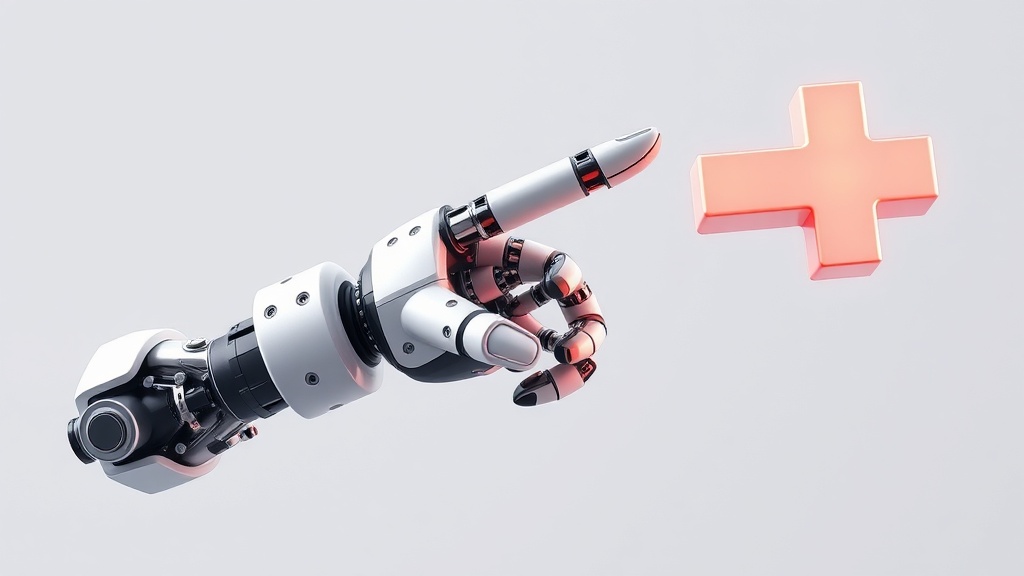Home / Health / AI and Clinicians Unite to Deliver Safer, Higher-Quality Healthcare
AI and Clinicians Unite to Deliver Safer, Higher-Quality Healthcare
13 Nov
Summary
- 400,000 annual deaths in the US due to misdiagnoses
- 250,000 annual deaths from preventable medical errors
- Generative AI can provide timely guidance and alert clinicians to early warning signs

According to Dr. Robert Pearl, the combination of dedicated clinicians, empowered patients, and artificial intelligence (AI) will lead to safer, higher-quality, and more accessible healthcare. While the essay by Eric Reinhart raises valid concerns about the risks of deploying new technologies in the profit-driven and time-constrained healthcare system, Dr. Pearl argues that we must first acknowledge the serious issues plaguing the current system.
In the United States, 400,000 people die each year from misdiagnoses, and another 250,000 die from preventable medical errors. Patients with chronic conditions often receive infrequent care, leading to uncontrolled symptoms and avoidable complications. Generative AI (genAI) can help address these problems by providing timely, reliable guidance to patients and alerting clinicians to early warning signs, allowing them to adjust treatments before irreversible harm occurs.
Rather than replacing physicians, genAI can fill the gaps when clinicians are unavailable, such as providing mental health support during off-hours. By combining the strengths of dedicated clinicians, empowered patients, and genAI, the healthcare system can become safer, higher-quality, and more accessible than any of the three components alone.


